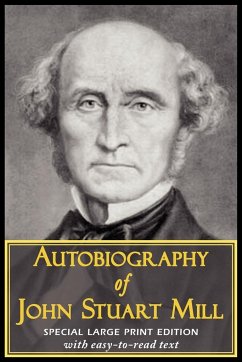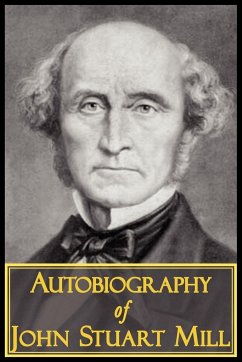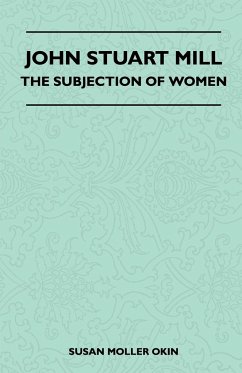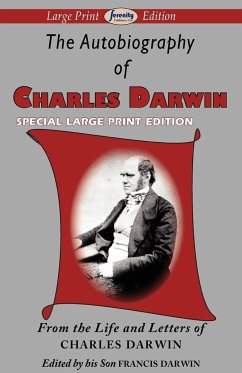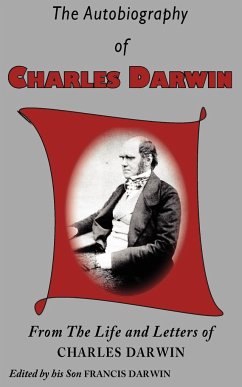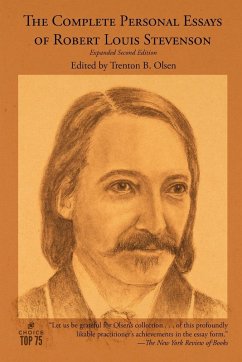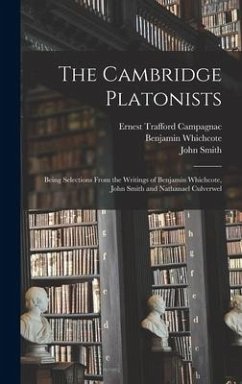
Autobiography of John Stuart Mill
Versandkostenfrei!
Versandfertig in 1-2 Wochen
29,99 €
inkl. MwSt.
Weitere Ausgaben:

PAYBACK Punkte
15 °P sammeln!
English philosopher and politician JOHN STUART MILL (1806-1873) was one of the foremost figure of Western intellectual thought in the late 19th century. His influential essays-including Principles of Political Economy (1848), Considerations on Representative Government (1861), and The Subjection of Women (1869)-are among some of the most considered writings of the period, and helped shaped the British nation for a century and more. In this 1873 autobiography, Mill tells his own story, and how it is inextricably connected to that of his father, Scottish philosopher James Mill, who educated his ...
English philosopher and politician JOHN STUART MILL (1806-1873) was one of the foremost figure of Western intellectual thought in the late 19th century. His influential essays-including Principles of Political Economy (1848), Considerations on Representative Government (1861), and The Subjection of Women (1869)-are among some of the most considered writings of the period, and helped shaped the British nation for a century and more. In this 1873 autobiography, Mill tells his own story, and how it is inextricably connected to that of his father, Scottish philosopher James Mill, who educated his precocious son on his own. Mill reveals: . his childhood and early education . the moral influences of his early youth . his father's character and opinions. . his later self-education . his youthful propagandism . his work at The Westminster Review, a publication of philosophical radicalism . a crisis in his mental history . and much more.




